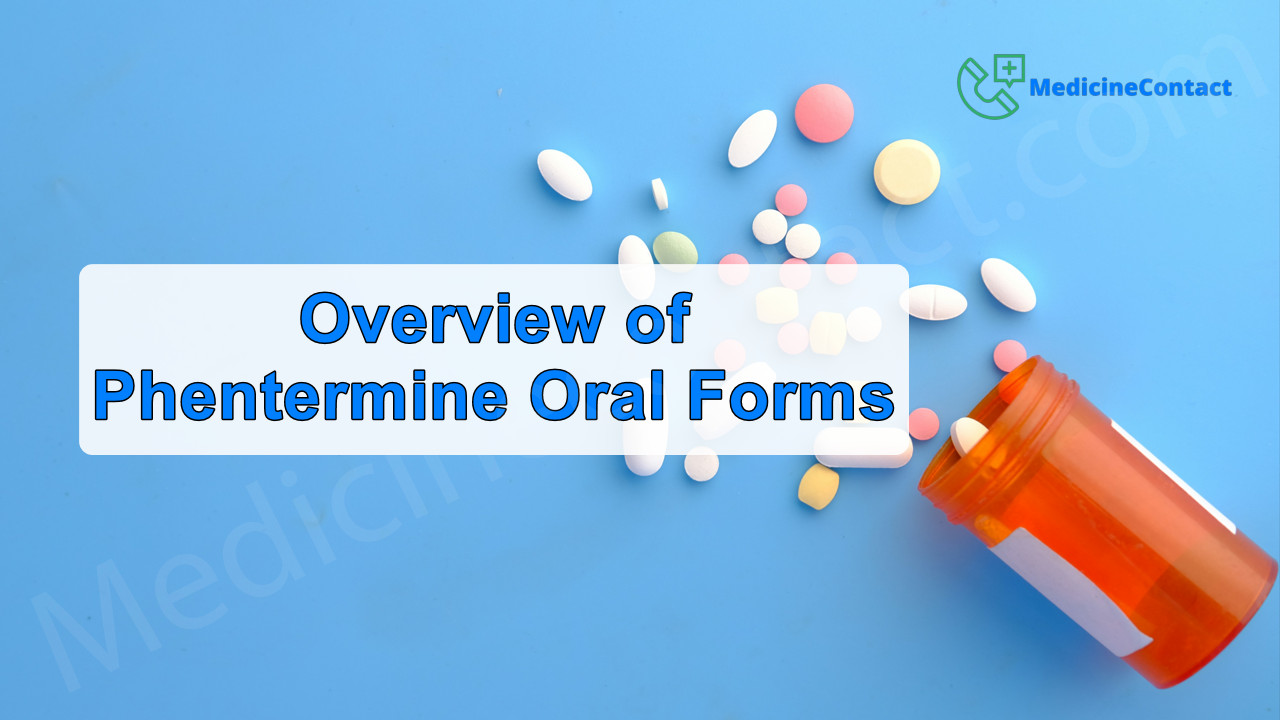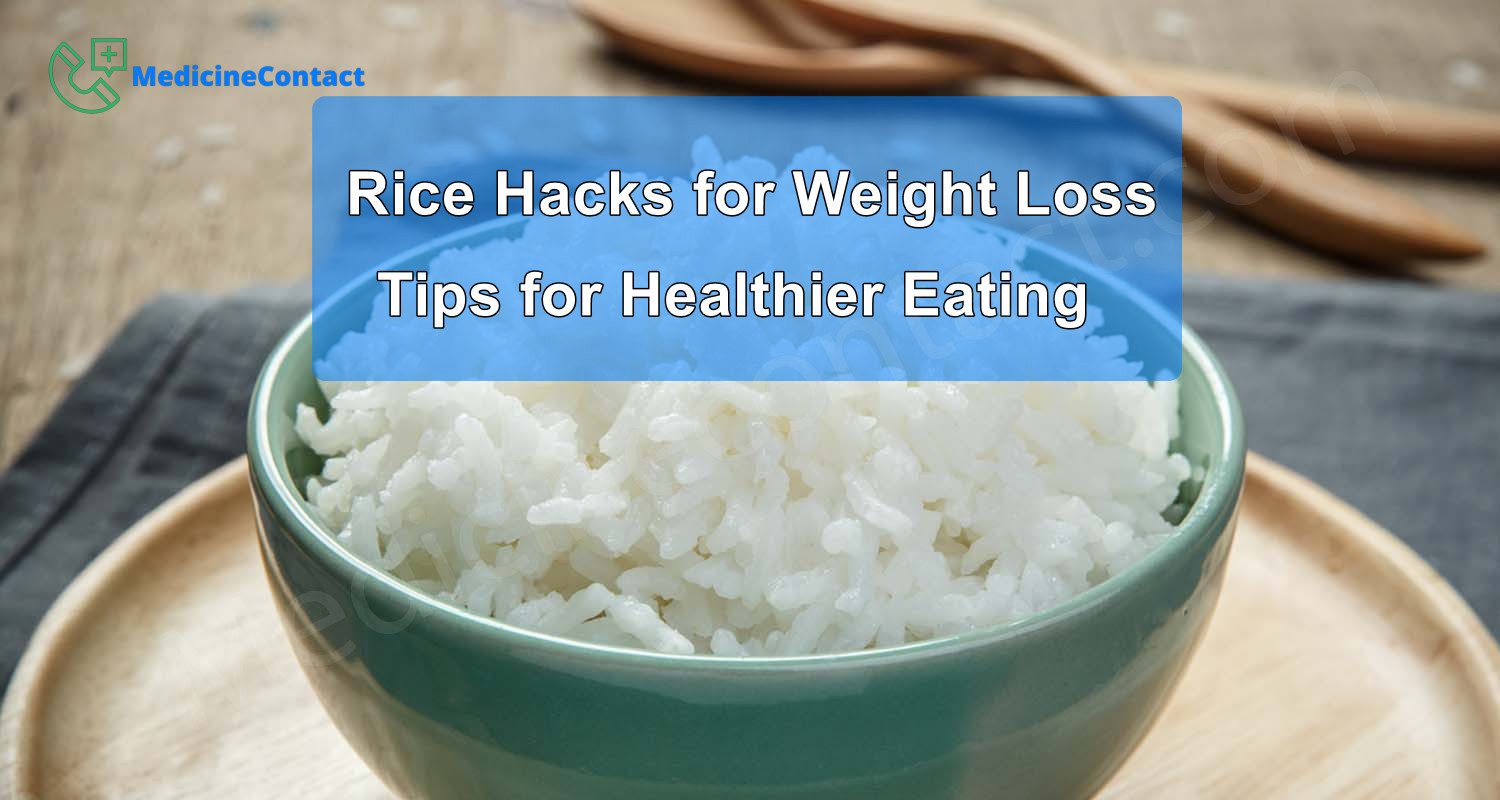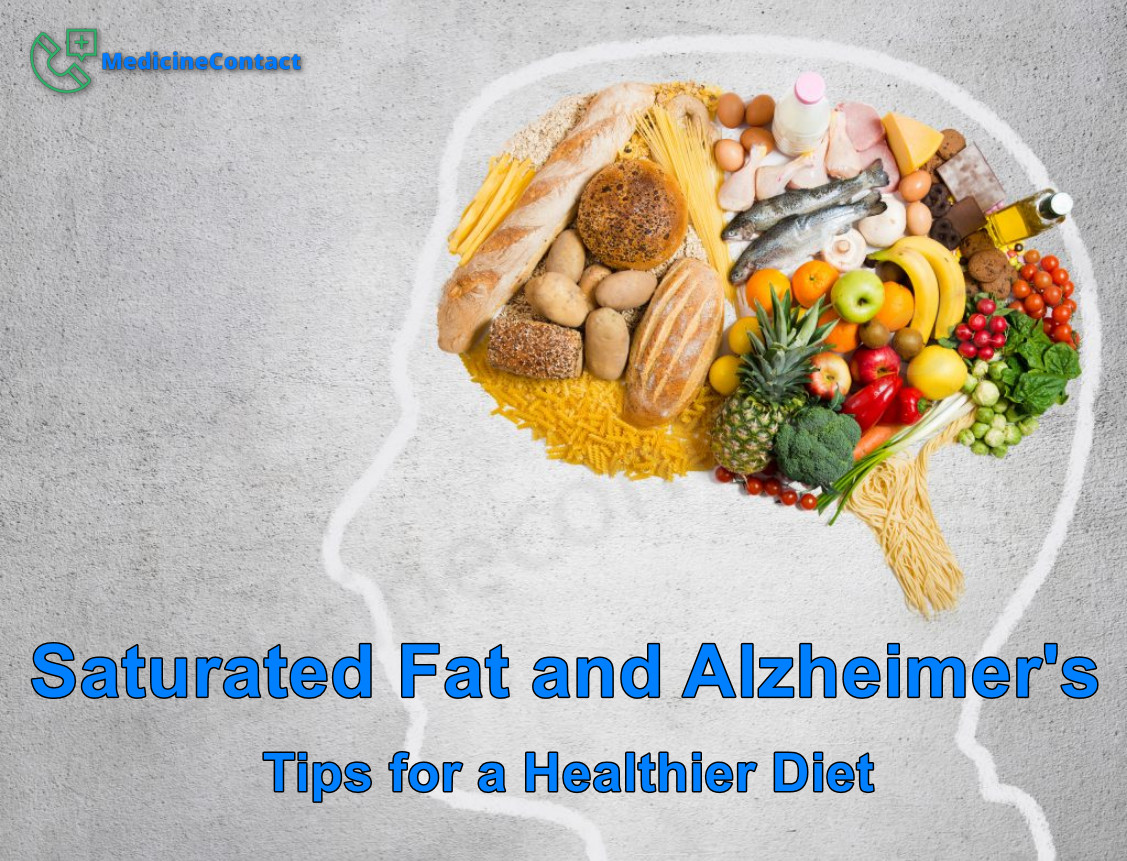
The Remarkable Spice Packed with Health Benefits
Cinnamon, derived from the inner bark of Cinnamomum trees, has been cherished since ancient civilizations like Egypt for its aromatic properties and medicinal uses. Recognized as both a spice and a traditional remedy, cinnamon captivates with its rich history and versatile applications.
Understanding the health benefits and nutritional value of cinnamon is crucial for anyone looking to enhance their diet naturally. This article delves into this fascinating spice, offering insights into:
- The nutritional profile of cinnamon, including calories in a teaspoon and its essential vitamins and minerals.
- The distinction between Ceylon cinnamon (true cinnamon) and Cassia cinnamon, highlighting their unique properties.
- Various health benefits, such as blood sugar control, heart health improvements, potential protective effects against neurodegenerative diseases, antimicrobial properties, and support for weight loss.
Readers will gain valuable knowledge on how to incorporate more cinnamon into their daily routine through culinary uses and supplements.
1. Understanding Cinnamon
Cinnamon is a spice made from the inner bark of trees in the Cinnamomum family. It comes from places like Sri Lanka, India, and Southeast Asia and has been valued for its taste and health benefits for hundreds of years.
Types of Cinnamon: Ceylon vs Cassia
- Ceylon Cinnamon: Often called "true cinnamon," Ceylon (Cinnamomum verum) comes from Sri Lanka. It tastes milder and sweeter and has less coumarin, a substance that can be harmful if consumed excessively.
- Cassia Cinnamon: Common in the US, Cassia (Cinnamomum cassia) has a stronger, spicier flavor. It usually has more coumarin than Ceylon.
Knowing these differences helps you decide which type is better for your diet and health. It's also important to note that while both types of cinnamon offer certain health benefits, they may also have some side effects if consumed in large amounts. For instance, excessive consumption of Cassia cinnamon due to its high coumarin content can lead to serious health issues such as liver damage or increased risk of cancer.
2. Nutritional Profile of Cinnamon
Understanding the nutritional value of cinnamon can provide insights into why this spice is so beneficial for health. A teaspoon of ground cinnamon (approximately 2.6 grams) offers a wealth of nutrients with minimal calories.
Breakdown of Nutritional Components per Teaspoon
- Calories: 6
- Carbohydrates: 2 grams
- Fiber: 1.4 grams
- Protein: 0.1 grams
- Fat: 0.03 grams
Comparison between Ground Cinnamon, Sticks, and Powder
While most people use ground cinnamon or powder in their cooking, cinnamon sticks also offer significant nutritional properties. Ground cinnamon and cinnamon powder are essentially the same in terms of nutritional value since they are both derived from the inner bark of Cinnamomum trees.
Trace Vitamins and Minerals Found in Cinnamon
Cinnamon is packed with essential vitamins and minerals despite its low calorie content:
- Calcium: Important for bone health.
- Iron: Vital for oxygen transport in the blood.
- Magnesium: Crucial for muscle and nerve function.
These minerals contribute to the overall health benefits of regularly incorporating cinnamon into your diet.
3. Health Benefits of Cinnamon
Blood Sugar Control
Cinnamon's Role in Enhancing Insulin Sensitivity
One of the most acclaimed health benefits of cinnamon is its ability to enhance insulin sensitivity. Insulin is a hormone that plays a critical role in regulating blood sugar levels by facilitating the uptake of glucose into cells. When cells become resistant to insulin, blood sugar levels can rise, leading to conditions such as type 2 diabetes.
- Cinnamaldehyde, an active compound in cinnamon, has been shown to increase insulin sensitivity.
- By improving the efficiency of insulin, cinnamon helps lower blood sugar levels and maintain them within a healthy range.
Research Findings on Cinnamon and Type 2 Diabetes
Numerous studies have explored the impact of cinnamon on blood sugar control, particularly in individuals with type 2 diabetes.
- A study published in the Journal of Medicinal Food found that consuming cinnamon significantly reduced fasting blood glucose levels.
- Another research article in Diabetes Care highlighted that patients who took 1 to 6 grams of cinnamon daily experienced a notable decrease in blood sugar levels over time.
These findings suggest that incorporating cinnamon into one's diet may be a beneficial strategy for managing type 2 diabetes.
Heart Health
Impact on Cholesterol and Triglycerides
Cinnamon also shows promise in supporting heart health by influencing cholesterol and triglyceride levels.
- Research indicates that cinnamon can reduce low-density lipoprotein (LDL) cholesterol, often referred to as "bad" cholesterol, while increasing high-density lipoprotein (HDL) cholesterol, known as "good" cholesterol.
- Studies have demonstrated reductions in triglyceride levels following regular consumption of cinnamon.
Potential to Lower Blood Pressure
Another significant benefit is its potential to lower blood pressure. High blood pressure is a major risk factor for heart disease, and preliminary studies suggest that the anti-inflammatory properties of cinnamon may contribute to better cardiovascular health.
Neurodegenerative Diseases Prevention
Protective Effects Against Alzheimer's and Parkinson's Diseases
Neurodegenerative diseases like Alzheimer's and Parkinson's are characterized by the progressive loss of structure or function of neurons. Cinnamon contains compounds that may help protect against these conditions.
- Research has identified two compounds in cinnamon—cinnamaldehyde and epicatechin—that appear to inhibit the buildup of harmful proteins associated with Alzheimer's disease.
- In animal studies, these compounds also showed potential in protecting neurons from oxidative stress, which is a key factor in Parkinson's disease progression.
Antimicrobial Properties for Better Health
Antimicrobial Effects Against Bacteria and Fungi
The antimicrobial properties of cinnamon extend its health benefits beyond chronic diseases.
- Studies have shown that cinnamon oil effectively combats bacterial strains such as E. coli and Staphylococcus aureus.
- Additionally, it exhibits antifungal activity against Candida species, making it useful for preventing infections.
Weight Loss Support through Cinnamon Consumption
Appetite Suppression and Metabolic Boost
Regular consumption of cinnamon may aid weight loss efforts by suppressing appetite and boosting metabolism.
- Compounds within cinnamon influence appetite-regulating hormones, potentially helping individuals feel full longer.
- Research suggests that cinnamon increases metabolic rate, aiding in more efficient calorie burning.
By integrating this versatile spice into daily meals or enjoying it as cinnamon tea, individuals can harness these benefits for improved overall health.
Heart Health
Cinnamon is great for your heart, mainly because it has strong antioxidants and can reduce inflammation. Eating cinnamon regularly can significantly improve factors that increase the risk of heart disease.
Impact on Cholesterol and Triglyceride Levels
Research shows that cinnamon can:
- Lower total cholesterol
- Reduce LDL (bad) cholesterol
- Decrease triglycerides
At the same time, it can maintain or even increase HDL (good) cholesterol levels. These changes are crucial for lowering the risk of heart disease. Studies suggest that adding cinnamon to your diet may help balance lipid levels, contributing to a healthier heart.
Potential to Lower Blood Pressure
Cinnamon also shows promise in lowering blood pressure, an important factor in cardiovascular health. High blood pressure is a major risk factor for heart disease and stroke. By helping to relax the blood vessels and improve circulation, cinnamon can contribute to more stable and healthier blood pressure levels.
Reducing Risk Factors for Heart Disease
The antioxidant properties of cinnamon, particularly its rich content of polyphenols, play a crucial role in reducing inflammation throughout the body. Chronic inflammation is a known contributor to various heart diseases. By combating oxidative stress and inflammation, cinnamon supports overall cardiovascular health.
Incorporating this spice into your daily routine—whether through foods, teas, or supplements—can provide these heart-protective benefits. The health benefits of cinnamon extend beyond just flavor enhancement; they offer tangible improvements in vital cardiovascular markers. In fact, the potential benefits of cinnamon extend further into areas like neurodegenerative disease prevention and antimicrobial properties, demonstrating why it truly is a spice worth considering for daily use.
Preventing Neurodegenerative Diseases
Cinnamon's health benefits include its potential to prevent neurodegenerative diseases like Alzheimer's and Parkinson's. Research suggests that the antioxidants and anti-inflammatory properties in cinnamon may help protect brain health.
How Cinnamon Helps
- Fights Alzheimer's: Cinnamon contains compounds like cinnamaldehyde and epicatechin, which have been found to stop the clumping of tau proteins, a key factor in Alzheimer's disease. This can help prevent the formation of harmful plaques and tangles in the brain, which are linked to memory loss.
- Boosts Brain Function: The polyphenols in cinnamon may improve brain function by reducing oxidative stress and inflammation. These antioxidants support overall brain health and could potentially delay the onset or progression of neurodegenerative conditions.
- Supports Parkinson's Prevention: Cinnamon's ability to enhance motor function and neurotransmitter activities is particularly relevant for preventing Parkinson’s disease, where maintaining dopamine levels is crucial.
How to Include Cinnamon in Your Diet
Adding cinnamon to your daily routine can provide these protective effects. Here are some ways you can incorporate it into your diet:
- Drink cinnamon tea
- Use cinnamon oil
- Sprinkle cinnamon on oatmeal or yogurt
- Add cinnamon to smoothies or baked goods
While it's important to note that cinnamon is not a cure for these diseases, making it a regular part of your diet offers a natural approach to supporting long-term cognitive health.
Antimicrobial Properties for Better Health
Cinnamon's antimicrobial properties have gained significant attention, making it a valuable ally in promoting better health. Research shows that cinnamon can fight various bacteria and fungi, thanks to its powerful compounds like cinnamaldehyde.
Key Studies on Antimicrobial Effects
- Bacterial Inhibition: Studies demonstrate cinnamon's effectiveness against harmful bacteria like E. coli and Salmonella. This makes it a promising natural preservative in food safety.
- Fungal Resistance: Cinnamon is also noted for its antifungal properties. It inhibits the growth of fungi such as Candida albicans, which can cause infections in humans.
Health Benefits from Antimicrobial Properties
Regular consumption of cinnamon, whether in food or as tea, harnesses these antimicrobial benefits. This can contribute to:
- Enhanced Immune Function: By combating pathogens, cinnamon supports the immune system.
- Improved Oral Health: The antibacterial properties help maintain oral hygiene by reducing bacteria that cause tooth decay and gum disease.
Incorporating cinnamon into your daily diet not only enhances flavor but promotes overall health through its antimicrobial effects.
How Cinnamon Can Help with Weight Loss
Regular consumption of cinnamon has been linked to aiding weight loss, primarily through appetite suppression. Cinnamon's high antioxidant content, particularly polyphenols, plays a significant role in promoting overall health by reducing oxidative stress and inflammation.
How Cinnamon Helps with Weight Loss:
- Suppressing Appetite: Cinnamon helps regulate blood sugar levels by enhancing insulin sensitivity. Stable blood sugar levels can reduce sudden hunger pangs and cravings, making it easier to maintain a balanced diet.
- Boosting Metabolism: The spice is known to increase the body's metabolism due to its thermogenic properties. This can lead to more calories being burned throughout the day.
- Improving Digestive Health: Cinnamon promotes better digestion and reduces bloating, which can contribute to a slimmer appearance.
Ways to Include Cinnamon in Your Weight Loss Plan:
- Cinnamon Tea: A simple yet effective way to enjoy the cinnamon tea benefits is by brewing a cup daily. This beverage can help regulate digestion and support weight management.
- Cinnamon Water: Preparing cinnamon water for weight loss involves soaking cinnamon sticks in water overnight. Drinking this infused water can aid in detoxification and appetite control.
- Cinnamon Drink: Adding a pinch of cinnamon powder to your morning coffee or smoothie creates an easy cinnamon drink for weight loss, providing a flavorful boost along with health benefits.
Incorporating these methods into your daily routine offers a natural approach to leveraging the health benefits of cinnamon for weight management.
4. Exploring Cinnamon Supplements: Are They Effective?
Cinnamon supplements come in various forms, such as capsules and extracts, widely available in health stores today. These supplements aim to provide the health benefits of cinnamon in a convenient and concentrated form.
Different Forms Available
- Capsules: Often contain powdered cinnamon or cinnamon extract, encapsulated for easy ingestion.
- Extracts: Typically liquid forms, where the active compounds are extracted from the bark and can be taken directly or added to food and beverages.
Efficacy Compared to Raw or Powdered Forms
When comparing the effectiveness of these supplements to raw or powdered forms, several factors come into play:
- Concentration: Supplements often have higher concentrations of active compounds like cinnamaldehyde, potentially offering stronger health benefits.
- Convenience: Supplements are easier to consume, especially for those who find it challenging to incorporate enough raw or powdered cinnamon into their diets.
- Consistency: With precise dosages, supplements can provide more consistent intake levels, which is beneficial for those monitoring their consumption closely.
However, it’s important to note that while supplements can offer concentrated doses, they may lack some of the synergistic effects found in whole foods. The health benefits and nutrition of cinnamon are often maximized when consumed in its natural form due to the presence of various phytonutrients working together.
For individuals considering cinnamon supplements, consulting with a healthcare provider is recommended to ensure safe and effective use.
5. Culinary Uses: How To Incorporate More Of This Spice Into Your Diet?
Popular Recipes Incorporating Cinnamon
Cinnamon's versatility makes it a staple in various culinary delights, enhancing the flavor profile of both sweet and savory dishes. Here are some popular recipes:
- Cinnamon Tea: Steep cinnamon sticks or ground cinnamon in hot water for an aromatic and health-boosting beverage.
- Cinnamon Rolls: A classic dessert where cinnamon is mixed with sugar and spread over dough before baking.
- Spiced Oatmeal: Add a pinch of ground cinnamon to your morning oatmeal for a warm, comforting flavor.
- Apple Pie: Cinnamon pairs perfectly with apples, making it an essential ingredient in apple pie filling.
- Cinnamon-Spiced Roasted Vegetables: Sprinkle ground cinnamon over carrots, sweet potatoes, or butternut squash before roasting.
Tips for Using Both Ceylon & Cassia Varieties While Cooking
Understanding the unique properties of Ceylon and Cassia cinnamon can help you make the most out of each type in your recipes:
Ceylon Cinnamon (True Cinnamon)
Flavor: Milder and sweeter compared to Cassia.
Best Uses: Ideal for delicate dishes like custards, light desserts, and beverages where a subtle flavor is desired.
Cassia Cinnamon
Flavor: Stronger and more pungent.
Best Uses: Perfect for robust dishes such as curries, stews, and baked goods where its bold flavor can stand out.
Practical Tips:
- Balancing Flavors: When using Cassia, start with smaller amounts to avoid overpowering other flavors.
- Blending Spices: Combine cinnamon with other spices like nutmeg or cloves to create complex spice blends.
- Storage: Store cinnamon in an airtight container away from light to maintain its potency.
Incorporating these tips will not only enhance your culinary repertoire but also allow you to enjoy the myriad health benefits cinnamon offers.
Conclusion: Embracing The Power Of This Spice For A Healthier Life!
Incorporating cinnamon into your daily diet can significantly enhance overall well-being. Its rich nutritional profile, including trace minerals like calcium, iron, and magnesium, along with its powerful antioxidant and anti-inflammatory properties, makes it a valuable addition to any health-conscious lifestyle.
Health Benefits of Cinnamon:
- Blood Sugar Control: Enhances insulin sensitivity and helps manage blood sugar levels.
- Heart Health: Lowers cholesterol and triglyceride levels, reducing risk factors for heart disease.
- Neurodegenerative Diseases Prevention: Potential protective effects against Alzheimer’s and Parkinson’s diseases.
- Antimicrobial Properties: Effective against bacteria and fungi, promoting better health.
- Weight Loss Support: Suppresses appetite aiding in weight management.
Encouraging moderate consumption of this spice can help you reap these numerous benefits. Whether you prefer adding it to teas, desserts, or savory dishes, integrating both Ceylon and Cassia varieties into your meals offers versatility and health advantages.
Experiment with different recipes and see how a sprinkle of cinnamon can transform not only the flavor but also the nutritional value of your everyday meals. Embrace the power of cinnamon for a healthier, more vibrant life.
FAQs (Frequently Asked Questions)
What are the health benefits of cinnamon?
Cinnamon offers numerous health benefits, including enhanced insulin sensitivity, blood sugar control for type 2 diabetes, improved heart health by lowering cholesterol and triglyceride levels, and potential protective effects against neurodegenerative diseases like Alzheimer's and Parkinson's.
What is the nutritional profile of cinnamon?
A teaspoon of ground cinnamon contains trace vitamins and minerals such as calcium, iron, and magnesium. It also provides antioxidants and anti-inflammatory properties that contribute to overall health.
What is the difference between Ceylon and Cassia cinnamon?
Ceylon cinnamon, often referred to as 'true' cinnamon, has a sweeter flavor and lower coumarin content compared to Cassia cinnamon, which is more commonly found in stores. The distinct properties of each type may affect their health benefits.
How can I incorporate more cinnamon into my diet?
You can easily add cinnamon to your diet by using it in teas, desserts, or savory dishes. Popular recipes include cinnamon-spiced oatmeal or smoothies. Both Ceylon and Cassia varieties can be used in cooking for added flavor.
Are cinnamon supplements effective?
Cinnamon supplements can provide concentrated doses of the spice's beneficial compounds. However, their efficacy compared to using raw or powdered forms regularly over time may vary. It's essential to consult with a healthcare provider before starting any supplement regimen.
Can regular consumption of cinnamon aid in weight loss?
Yes, regular consumption of cinnamon may support weight loss by helping to suppress appetite and improve metabolic function. Incorporating cinnamon water or drinks into your daily routine can enhance these effects.
Disclaimer: This article is for informational purposes only and does not constitute medical advice. Always consult with a healthcare professional before starting any new treatment regimen.




